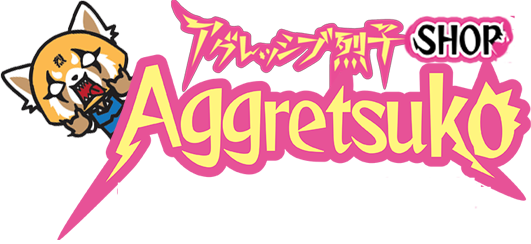Blog
Netflix’s ‘Aggretsuko’: Why It’s So Relatable for Women in Japan
If you haven’t seen the Netflix series “Aggretsuko,” Retsuko is a teenage red panda who is striving to find meaning in her life. She is hopeful and sincere about starting a new life as a company employee in the first scene. The second scene, though, shows her attempting to get to work five years later. Later in the show, we see her quietly ranting in the workplace toilet, attempting to revert to “a mild-mannered office employee” mode. This is the start of a show that has been hailed for its caustic representation of modern Japanese work culture and the dismal issue of gender inequality at its heart.
While “Aggretsuko” is an anime musical comedy, each 15-minute episode beautifully captures what it’s like to be a cog in the Japanese labor machine. This is especially true for women.
Sanrio satire
“Aggretsuko,” a portmanteau of the full title “Aggressive Retsuko” (in Japanese), stars a cast of characters from Sanrio’s improbable cute character world and was the first broadcast on TBS Television before being picked up by Netflix for a Netflix version.
The inaugural season of the streaming service, which premiered in April 2018, was a worldwide success. It has a perfect Rotten Tomatoes rating, has sparked a flood of think pieces, and even spawned a Buzzfeed “Which Character Are You?” quiz (for sure, a mark of when a show has truly resonated with the popular consciousness). The second season premiered in June.
So what is it about “Aggretsuko” that’s struck such a deep chord with viewers?
A mirror image of the reality for working women
Women in this town are all too familiar with Retsuko’s life. The situations that play out in each brief episode are achingly familiar, as is the description of her never-ending irritation and sadness. Her employer is a sexist pig, numerous of her superiors harass her on a daily basis, and Retsuko works late most days. In other words, Japan is going about its business as normal.
In both seasons, the themes of marriage and children are explored, as well as their ramifications in modern Japan. The plot revolves around the idea that while Retsuko is pondering her future priorities, her coworkers realize she is considering quitting.
Ton, the pig boss, gives her the moniker koshikake (), which means “short-timer” but can also mean “bench warmer.”
While the term is used as a joke in the program, it is based on a terrible truth.
In Japan, a male seeking a work change may not be labeled as a temporary employee, but women are frequently labeled as such due to their remarkable capacity to create life. Many people are forced to choose between pursuing a job and starting a family. Because, you know, doing both is impossible.
Unwritten gender regulations are also common in Japanese businesses. Women were granted short-term contracts at one company where I worked, while men were offered permanent positions. It was because women under the age of 40 were more likely to require maternity leave, according to the assistant manager, who was a woman. The corporation would simply not renew its contract if they requested it.
Discrimination against women might begin long before they enter the workforce. Last year, Tokyo Medical University admitted to rigging exams to reduce the number of female applicants who were accepted. What is their justification? Women are more likely to abandon their jobs or take time off to raise their children. Yes, it’s still going on in 2019.


